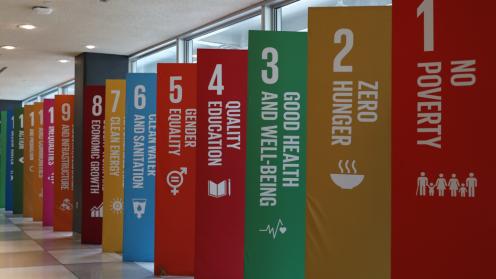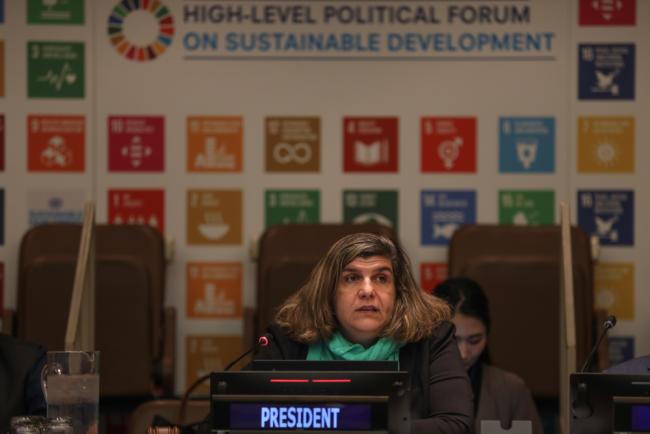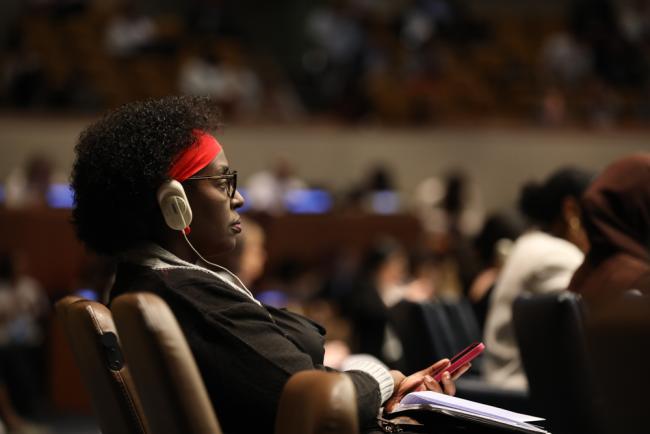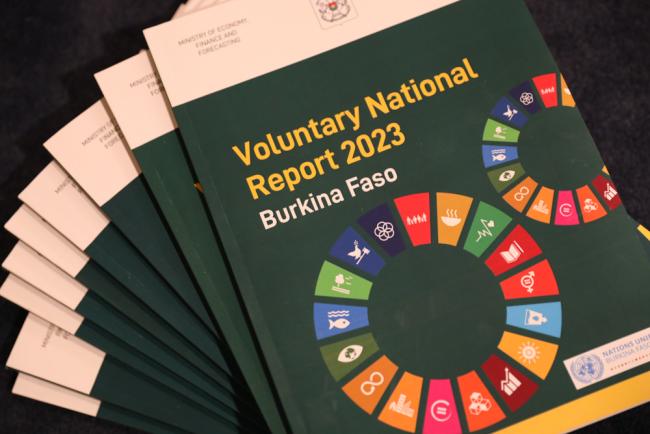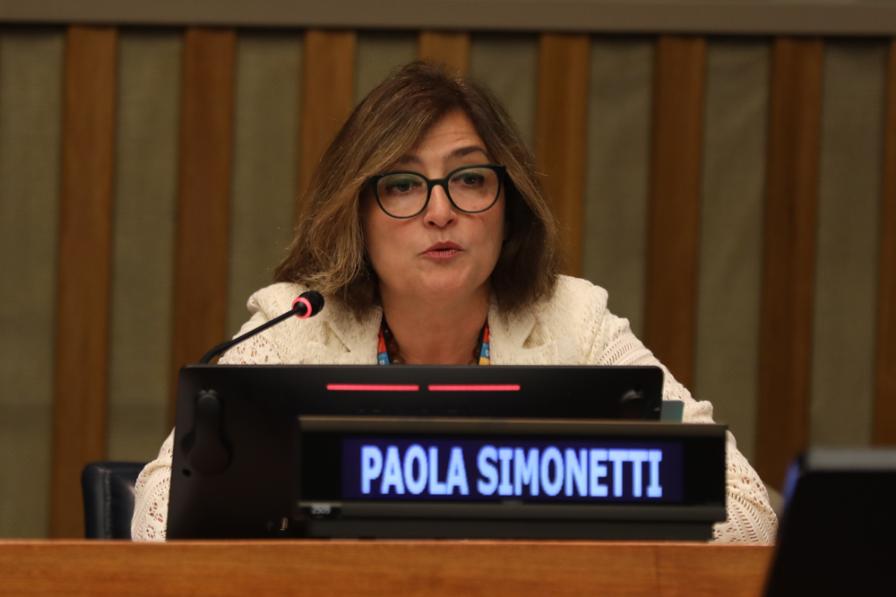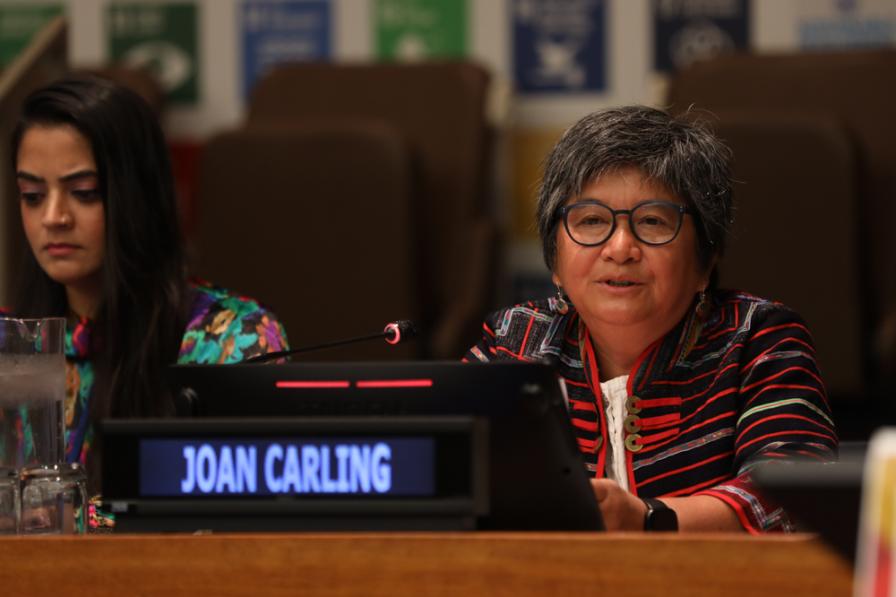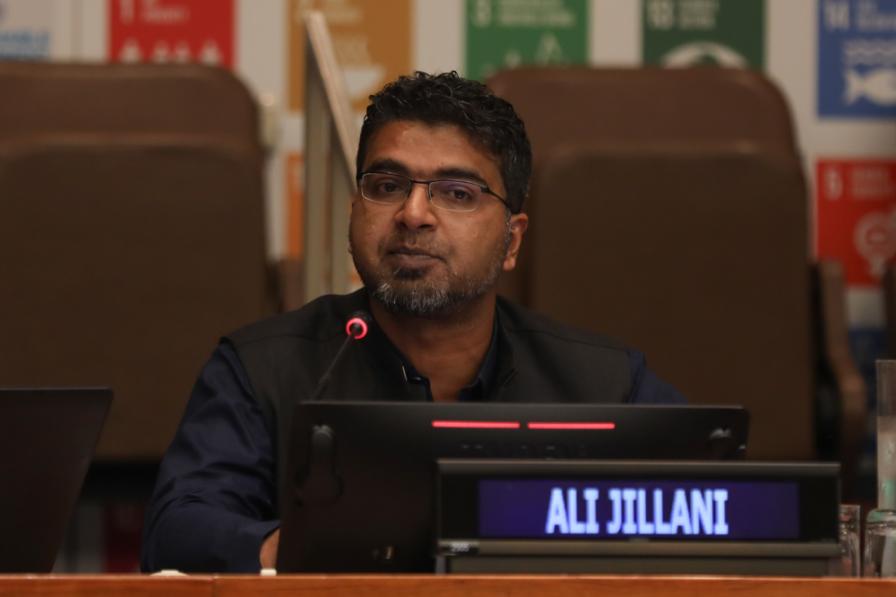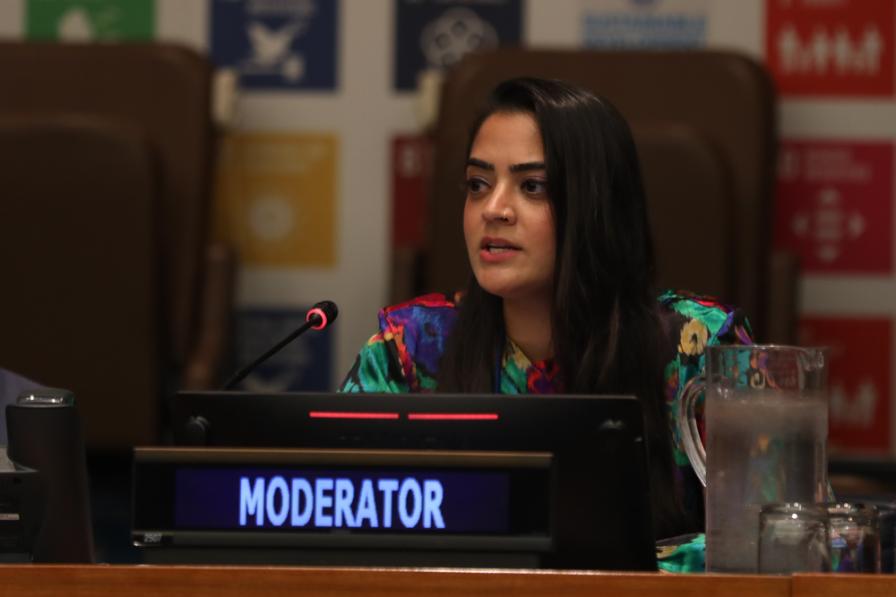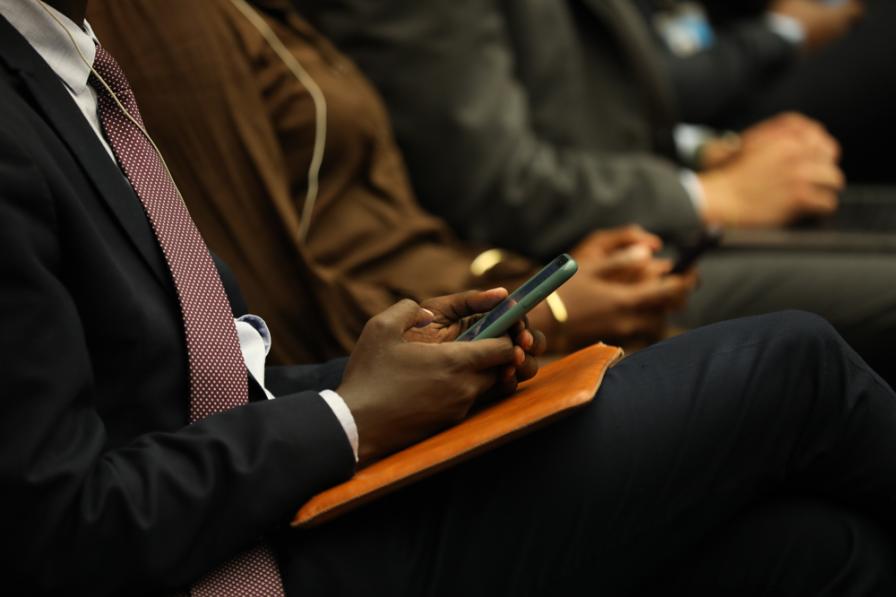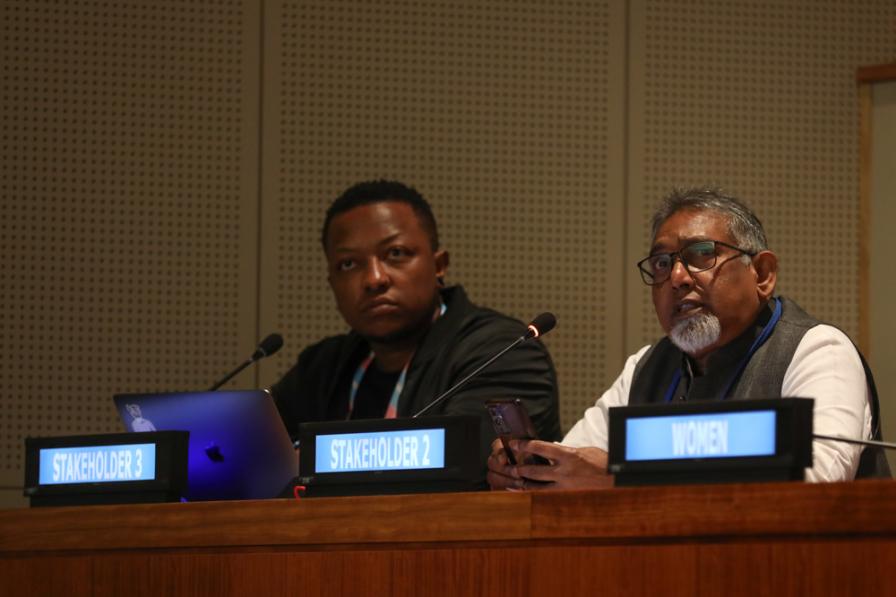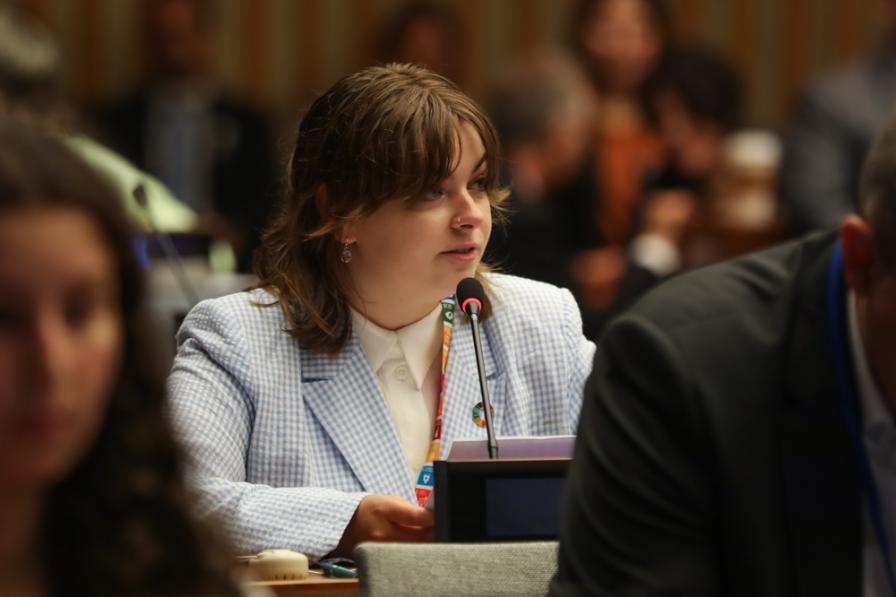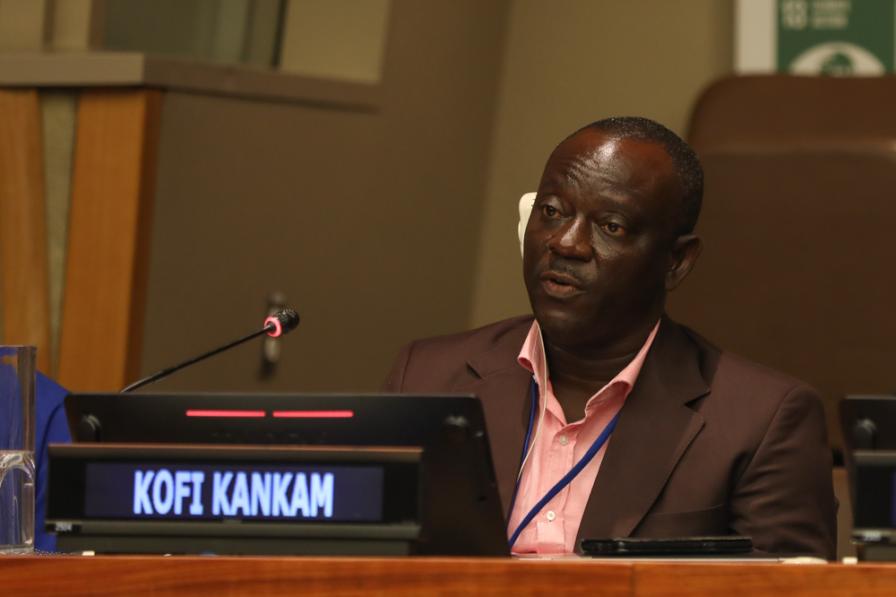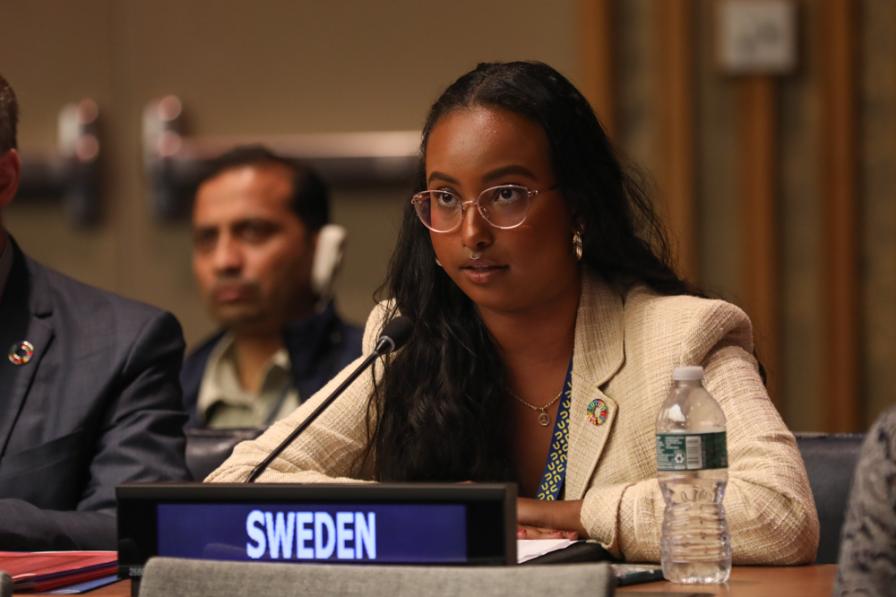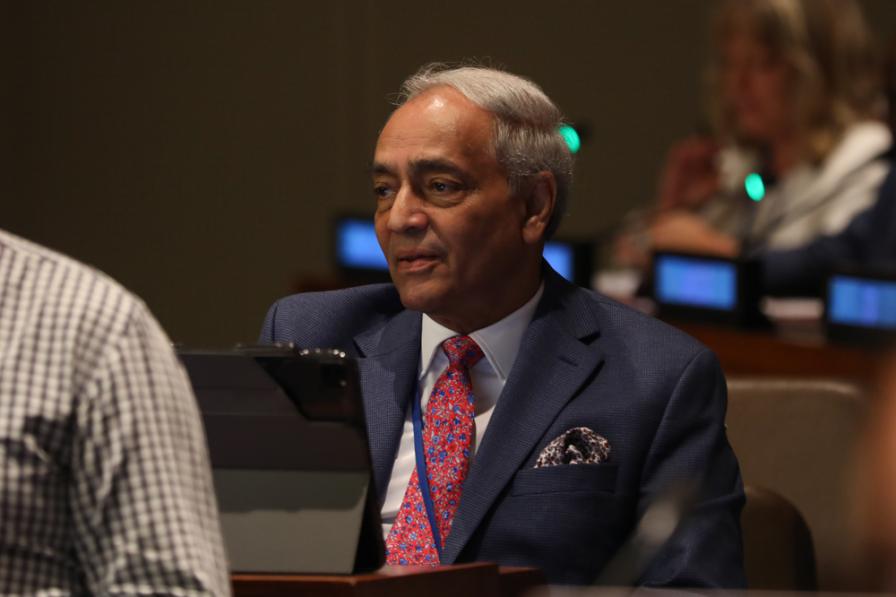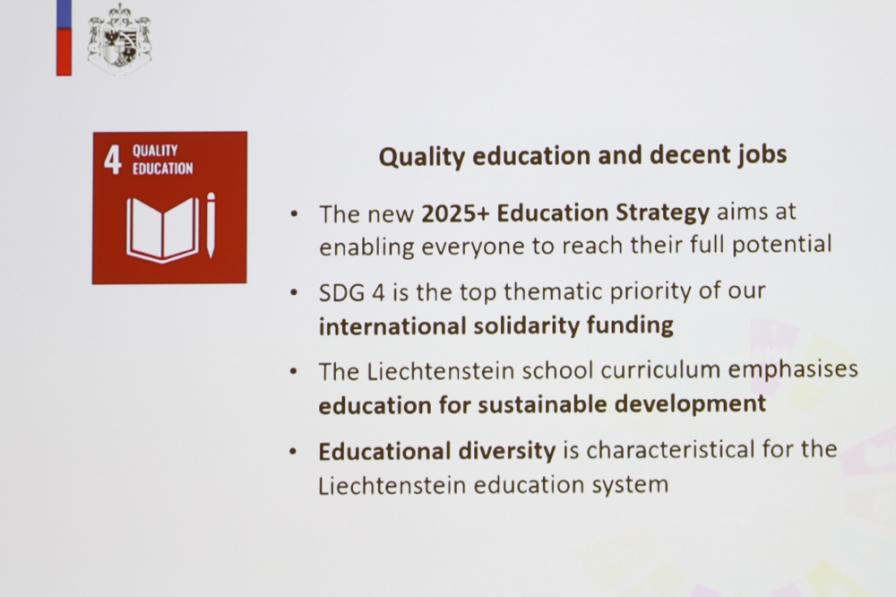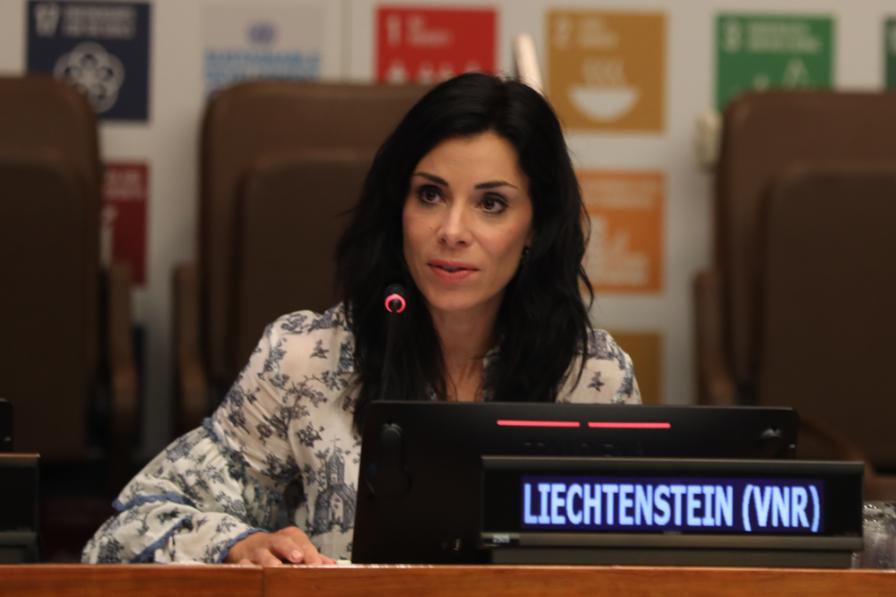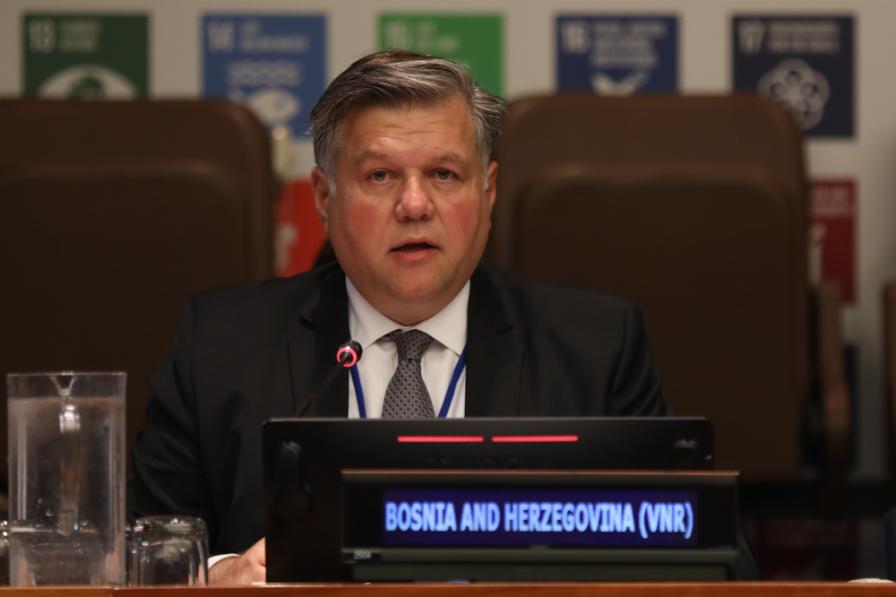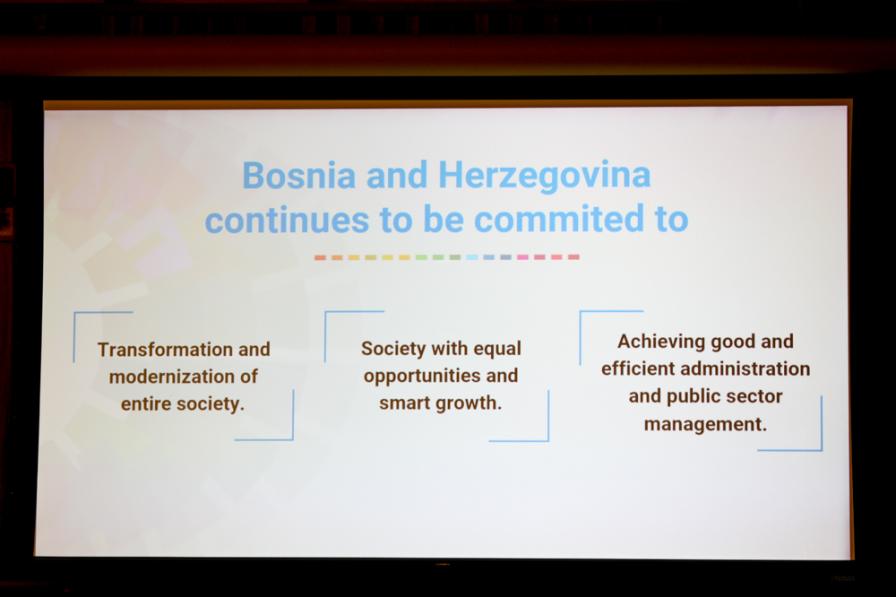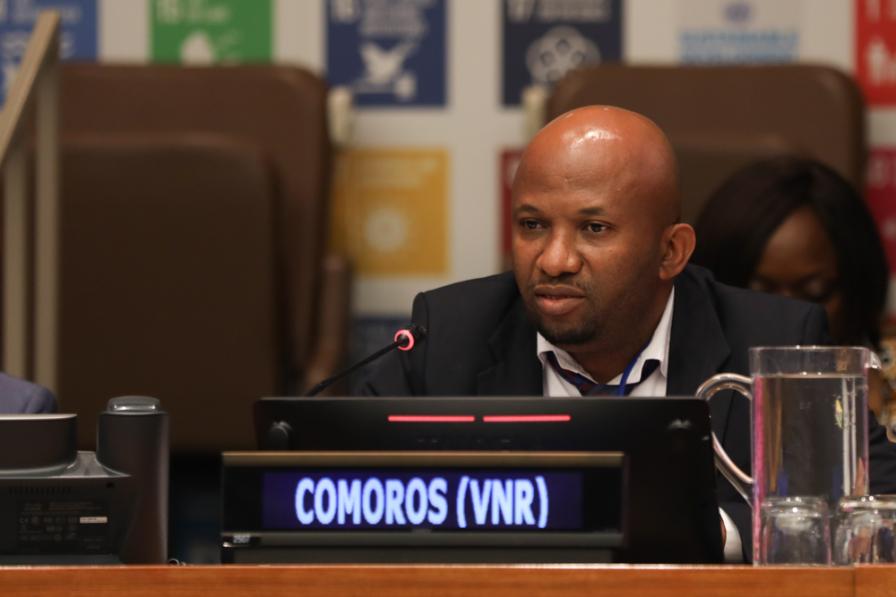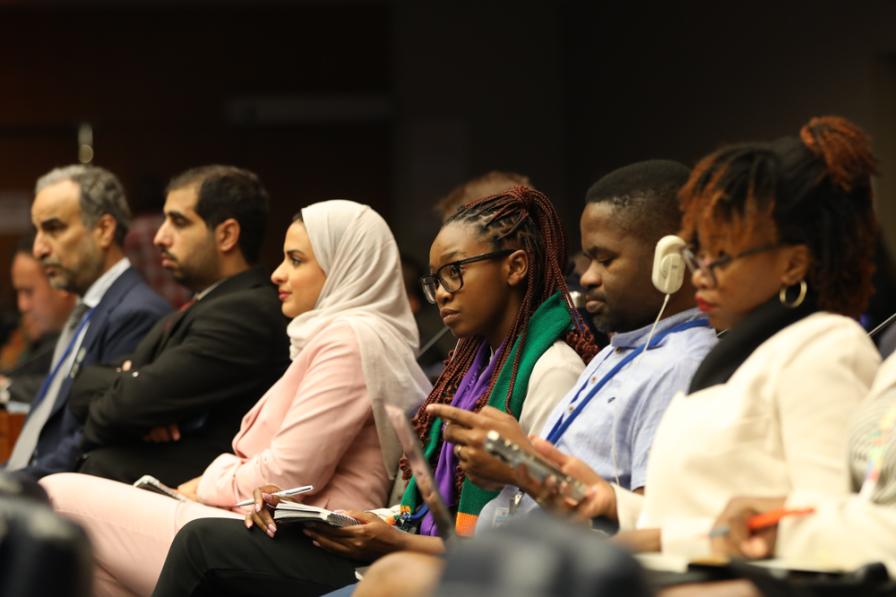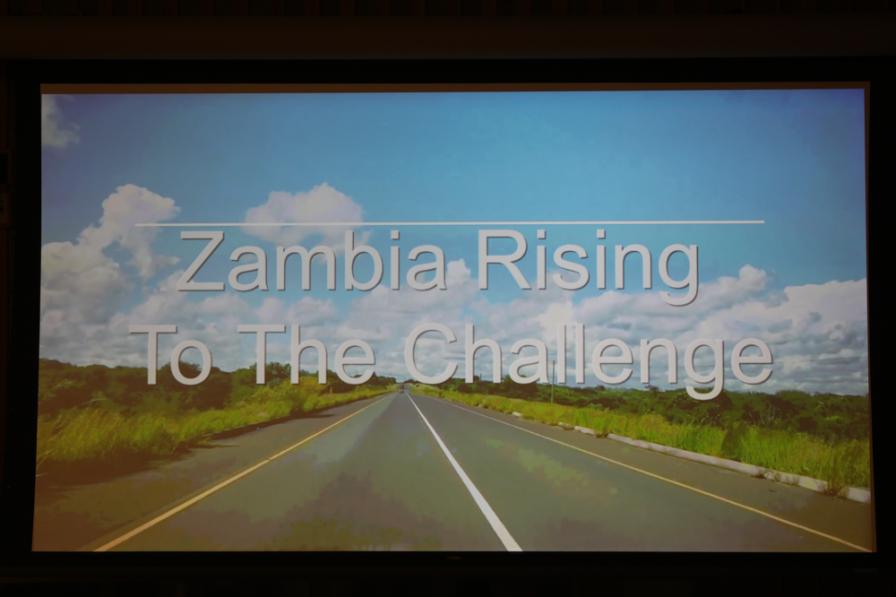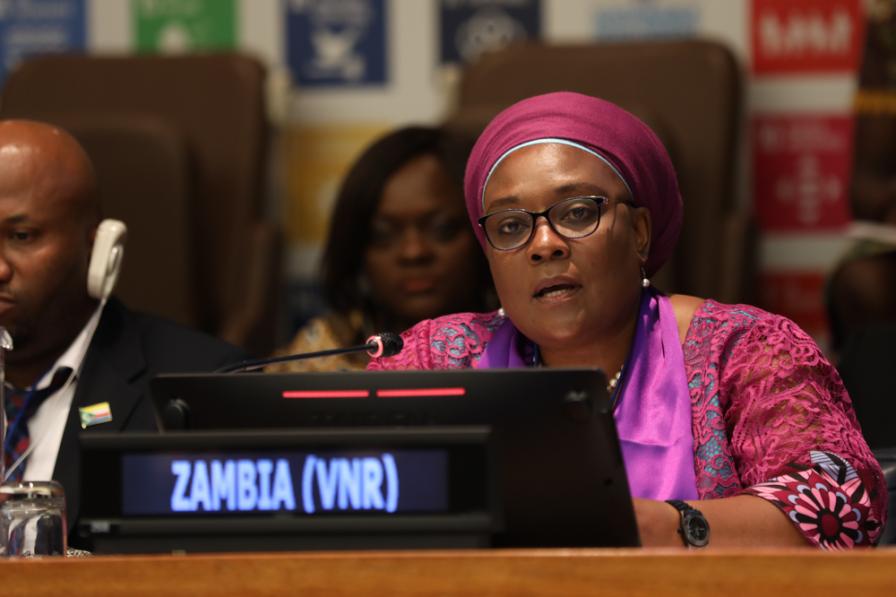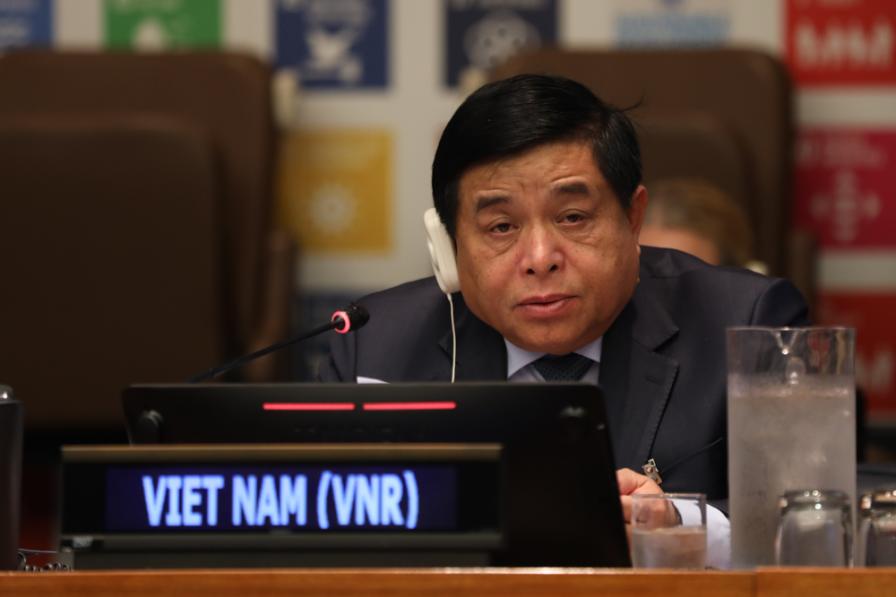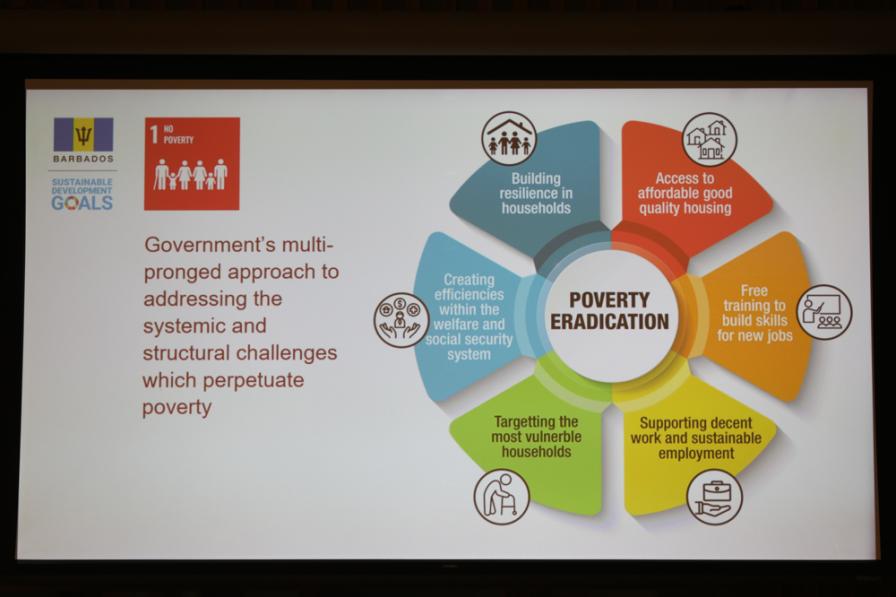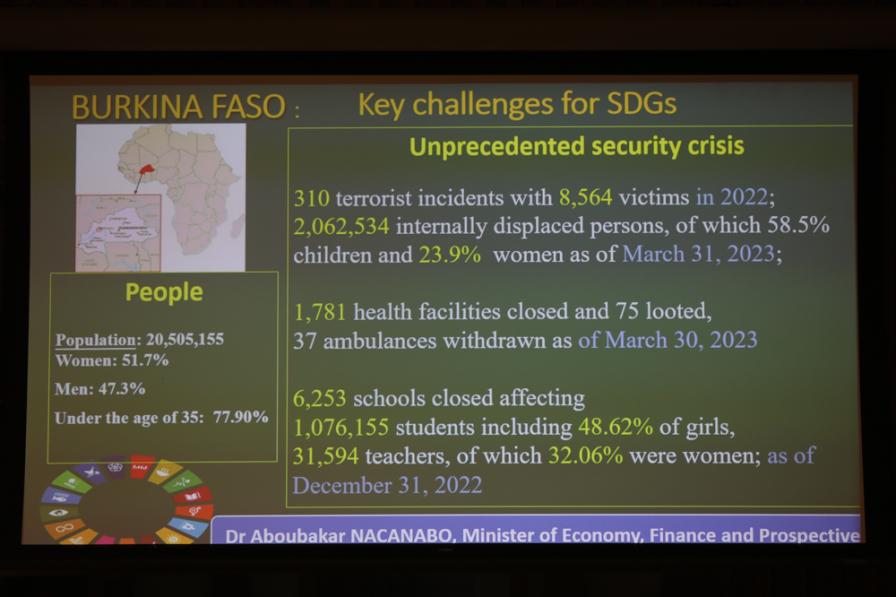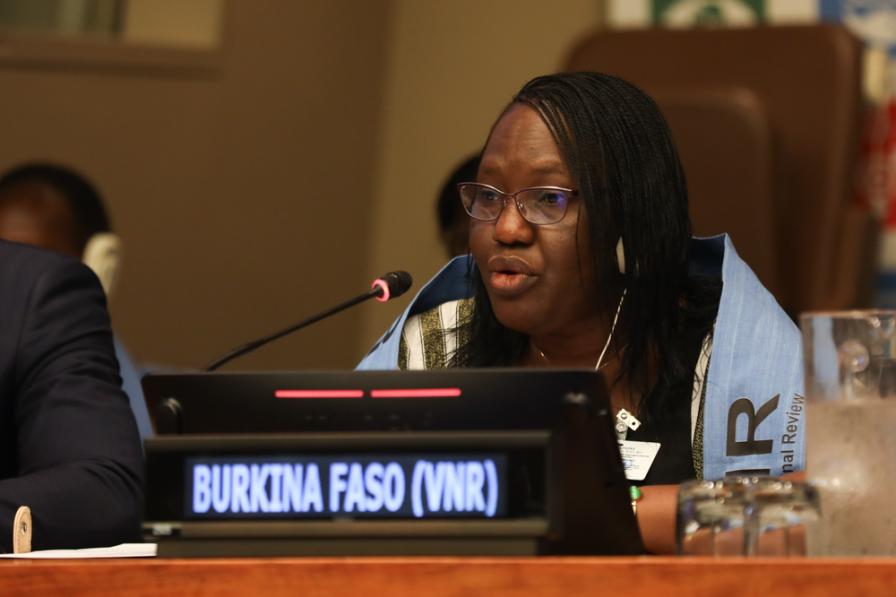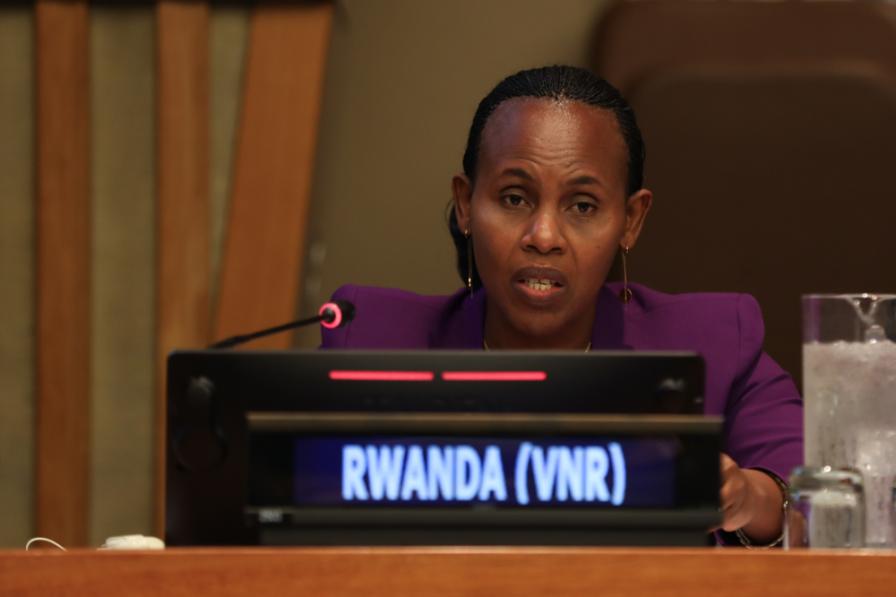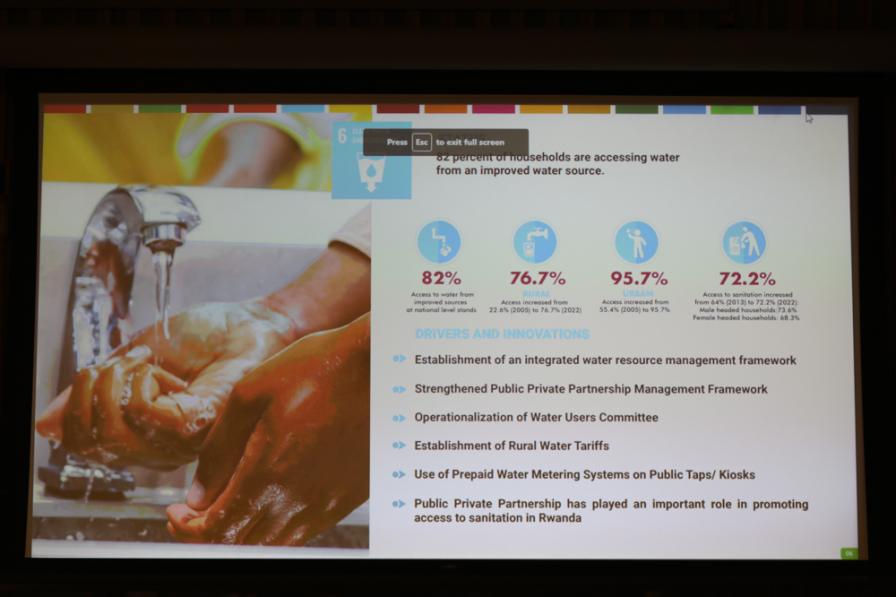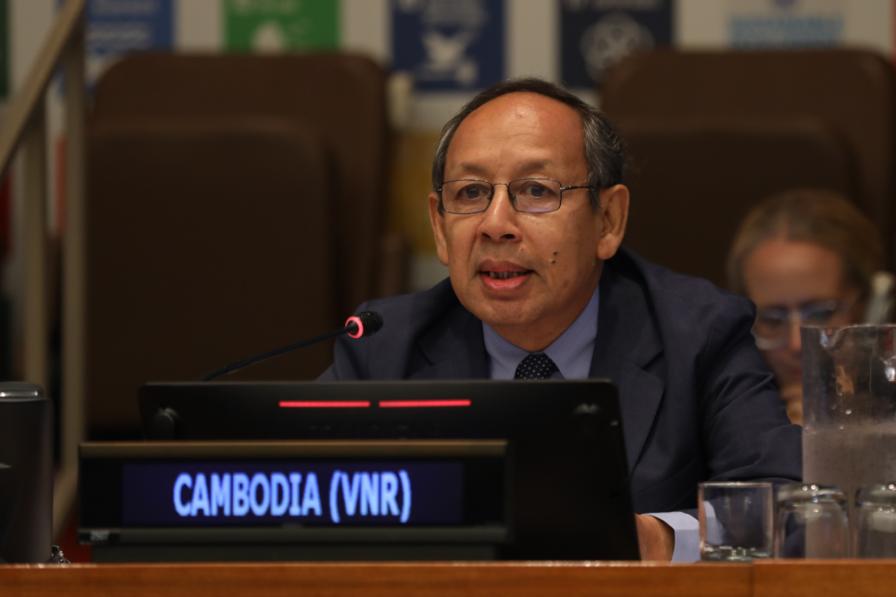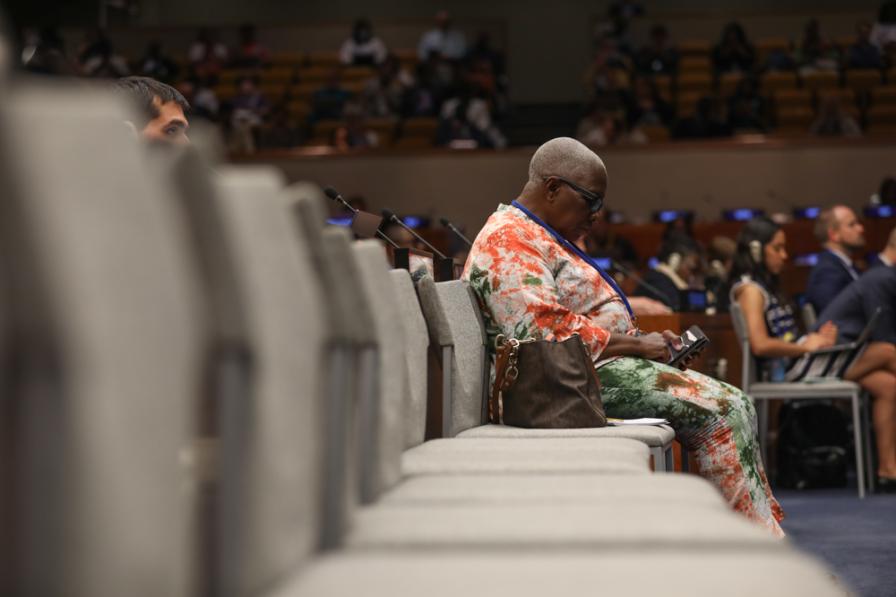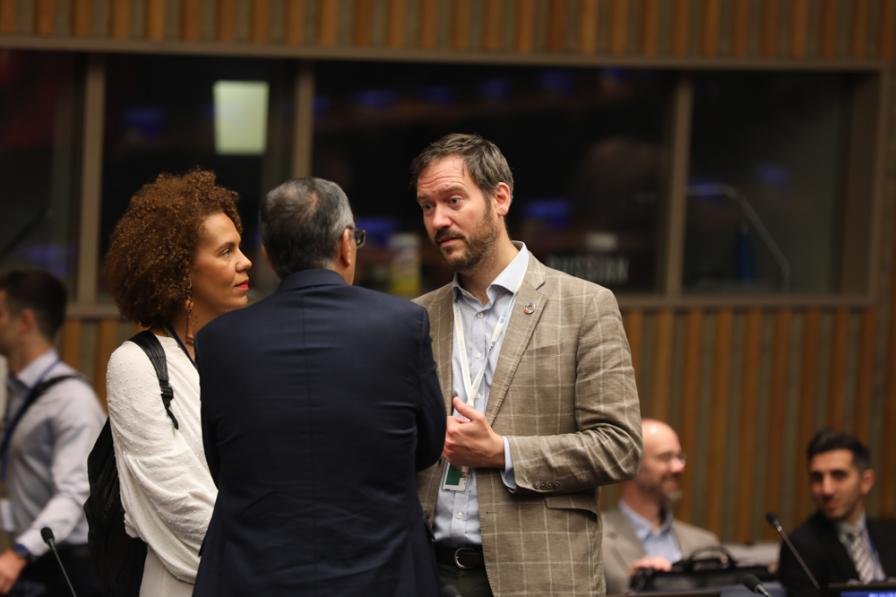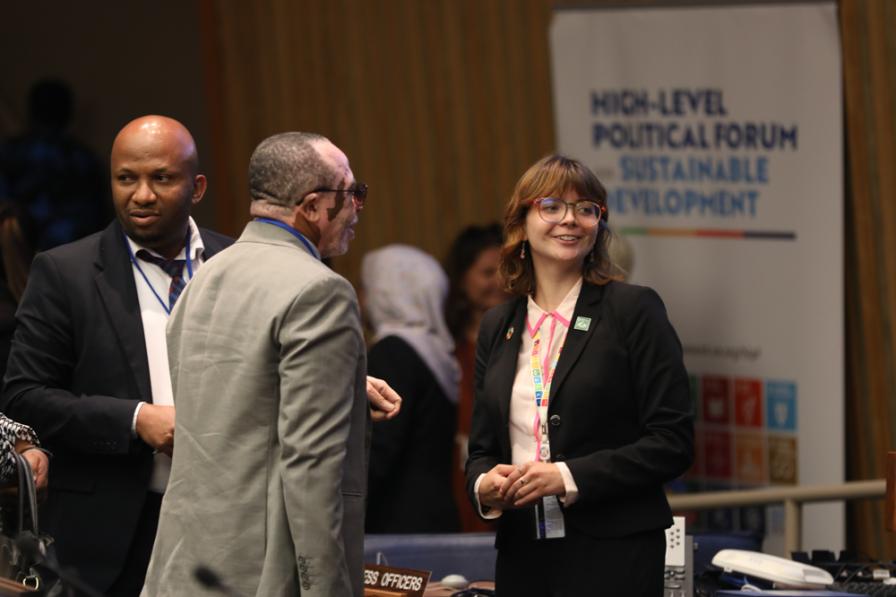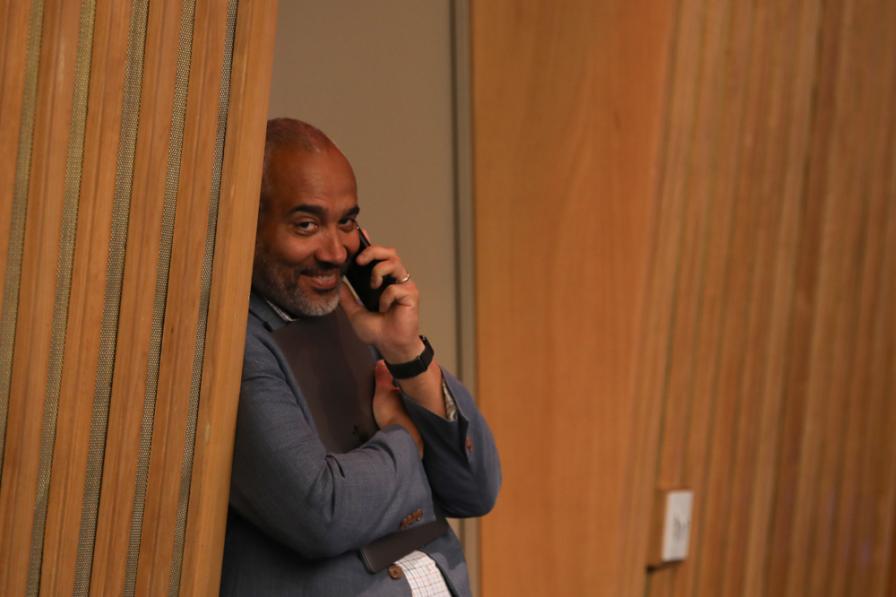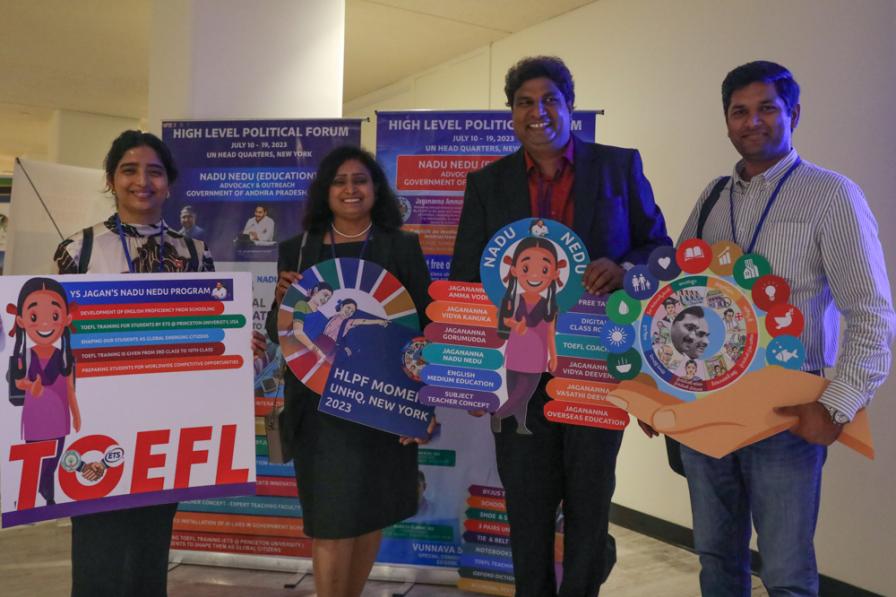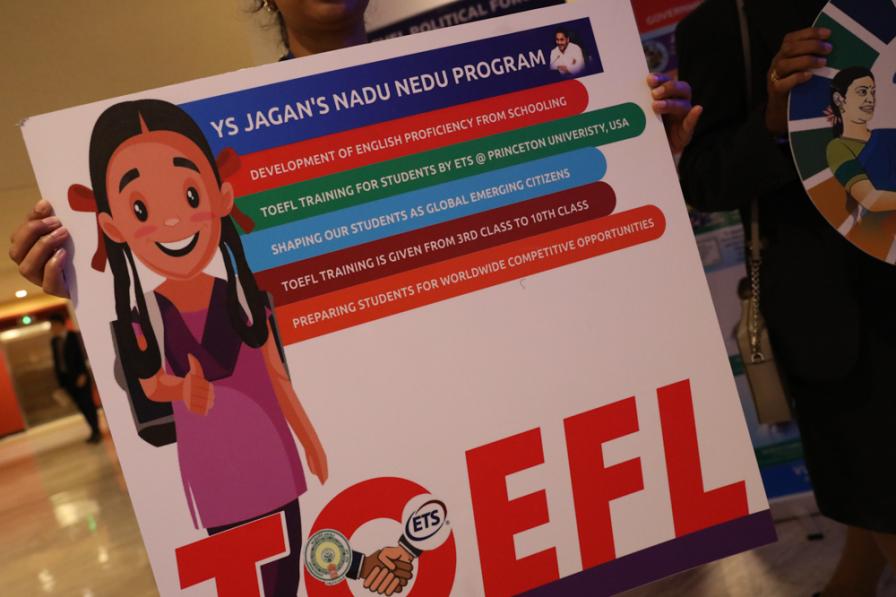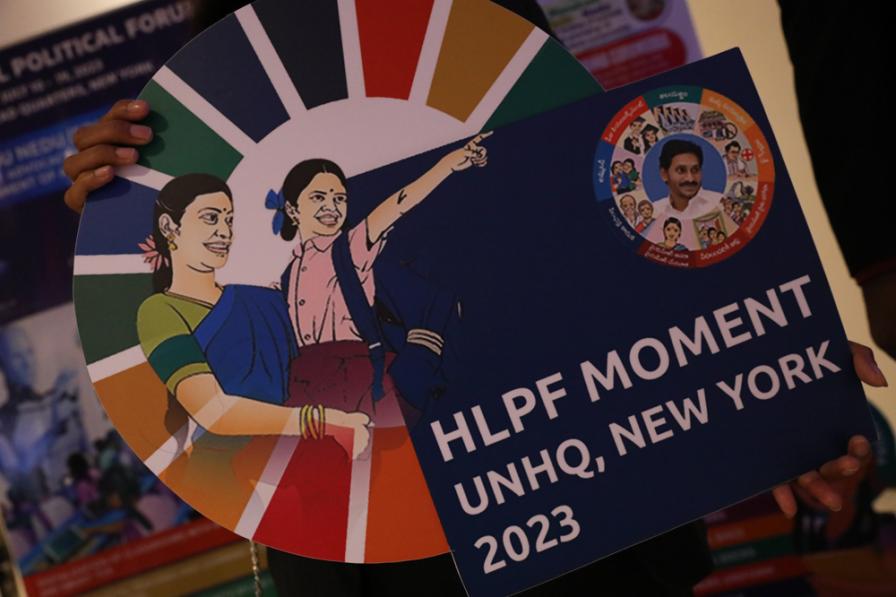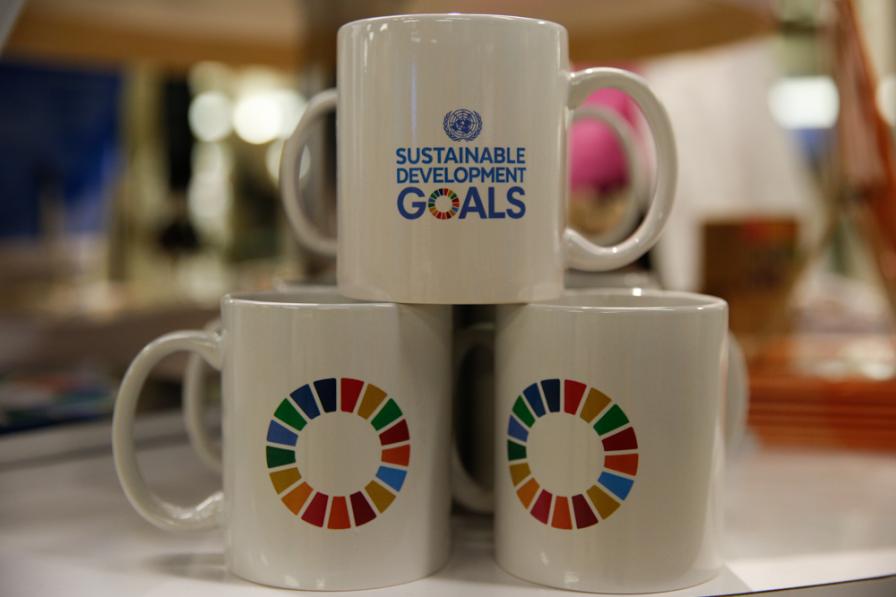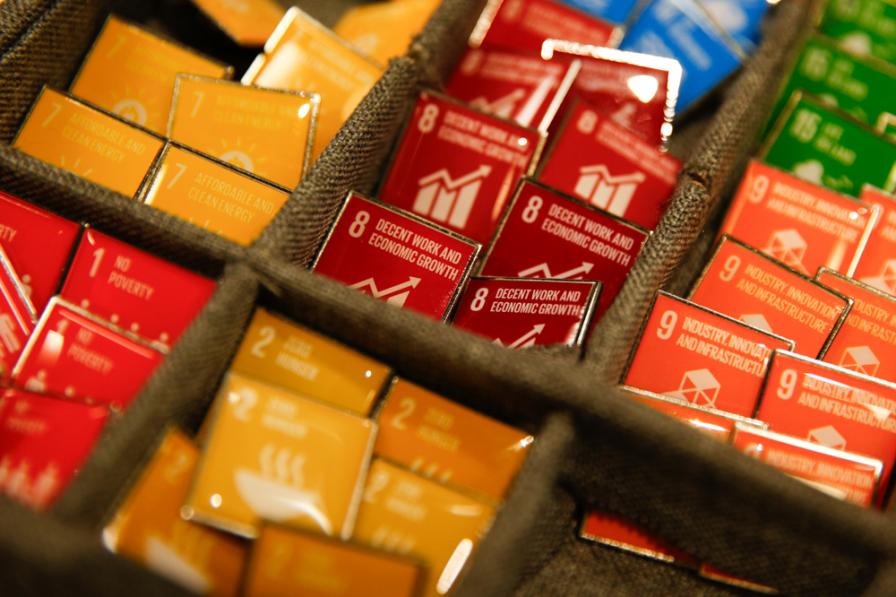Countries cannot fulfil the 2030 Agenda for Sustainable Development and achieve the 17 Sustainable Development Goals (SDGs) without engaging and collaborating with civil society. We are halfway to 2030, but still nowhere near achieving the SDGs, and doubling down on action is now critical. Those were the two main messages from the High-level Political Forum’s (HLPF) morning consultation with Major Groups and Other Stakeholders (MGoS). During the rest of the day nine Voluntary National Reviews (VNRs) were presented and discussed.
Want to dive deeper? Read the full Earth Negotiations Bulletin daily report.
Perspectives from Major Groups and Other Stakeholders at the Mid-point of the SDGs
UN Economic and Social Council (ECOSOC) President Lachezara Stoeva set the tone for this session, emphasizing that MGoS are "woven into the fabric" of the HLPF, and a concerted effort has been made by organizers to include MGoS in all HLPF debates, with a special effort at HLPF 2023 to include more youth voices.
Joan Carling, Executive Director, Indigenous Peoples Rights International, urged states to provide enabling environments and mechanisms for citizen participation at local and national levels. She endorsed the UN Secretary-General’s idea of adopting a new social contract at the World Social Summit in 2025.
Ali Jillani, Vice Chair, Asia Pacific Regional Civil Society Organization (CSO) Engagement Mechanism, said it is high time for the region to democratize development policymaking. Panelists lamented the loss of, and threats to, civic space, with Marianne Haslegrave, Economic Commission for Europe Regional Civil Society Mechanism, calling for its prioritized restoration. Surya Deva, UN Special Rapporteur on the Right to Development, highlighted the need for a planet-centered participatory development model.
Mary Maker, UN High Commissioner for Refugees Goodwill Ambassador, expressed hope that future meetings include and spotlight more voices to represent the 110 million displaced people worldwide.
In the ensuing discussion, delegates highlighted the importance of civil society engagement for achieving sustainable lifestyles and combating inequality. Some highlighted inclusion of CSOs’ contributions to the content and process of developing VNRs, as well as national efforts to build multi-stakeholder partnerships, platforms, and dialogues.
Voluntary National Reviews
Liechtenstein, Bosnia and Herzegovina, Comoros, Zambia, Barbados, Rwanda, Viet Nam, Burkina Faso, and Cambodia all presented their second VNRs, most of which focused on developments since their first VNR and SDG implementation issues arising from the COVID-19 pandemic and recovery therefrom. Most emphasized the degree to which the preparation of the VNR included citizen participation and input.
Presenters then responded to questions from observers, some of which were MGoS questioning claims of how participatory and inclusive the VNR preparations truly were. Other questions were specific to each VNR; for example, Liechtenstein was asked about its requirement that all government bills submitted to parliament include an SDG impact analysis, while Comoros was questioned about public-private partnerships, and Barbados was asked to further elaborate its rationale for proposing the climate-financing Bridgetown Initiative. Burkina Faso’s report elicited several questions touching on how to maintain SDG progress against a backdrop of growing insecurity.
To receive free coverage of global environmental events delivered to your inbox, subscribe to the ENB Update newsletter.
All ENB photos are free to use with attribution. For HLPF 2023, please use: Photo by IISD/ENB | Kiara Worth.
